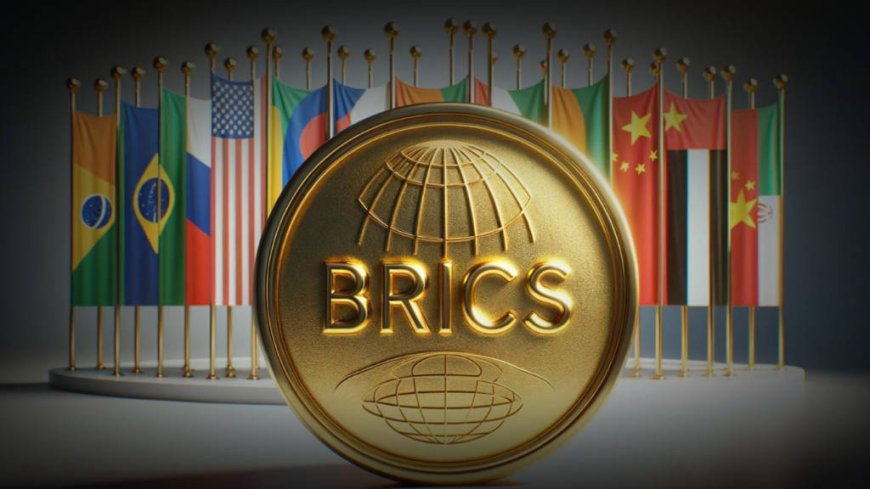BRICS Seeks Financial Independence to Counter Western Neo-Colonial Domination

In a recent address, Alexander Babakov, Deputy Chairman of the Russian State Duma, emphasized the importance of establishing a financial messaging system among BRICS nations to create a new economic reality independent of Western influence. This initiative, aimed at reducing reliance on the SWIFT system, is a pivotal move for the BRICS bloc—comprising Brazil, Russia, India, China, South Africa, and now Iran.
The BRICS coalition, representing some of the world's most significant emerging economies, has long sought to develop its own financial infrastructure. Russia's announcement of a dedicated information exchange channel for central banks within BRICS marks a critical step towards this goal. Babakov highlighted that the envisioned financial messaging system would facilitate transactions among BRICS countries through local banks, thereby circumventing Western financial institutions.
A key motivation behind this initiative is the perceived lack of investment by Western banks and financial entities in Africa. Babakov asserted that such investments are withheld to maintain neo-colonial control over the continent. By developing an independent financial system, BRICS aims to foster economic growth in Africa free from Western dominance.
The proposed financial system is expected to enhance economic efficiency among BRICS nations by reducing transaction costs, expediting transactions, accelerating capital return, and improving liquidity. This development signifies a strategic effort to diminish the influence of Western financial institutions, particularly in light of recent instances where the United States has leveraged SWIFT to exert political pressure on other nations.
SWIFT, or the Society for Worldwide Interbank Financial Telecommunication, is a globally utilized financial messaging system headquartered in Belgium. Despite its international role, its board is predominantly composed of executives from American banks, leading to concerns about its impartiality and reliability. The BRICS countries' push for an alternative system reflects their desire for a more autonomous and secure financial network.
Additionally, the establishment of this system aligns with broader BRICS objectives of enhancing economic cooperation and integration among member states. The move is expected to not only bolster financial independence but also foster a more equitable global economic landscape.
As BRICS continues to challenge the existing financial order, the development of an independent financial messaging system underscores the bloc's commitment to redefining economic alliances and reducing Western hegemonic influence in global finance













































